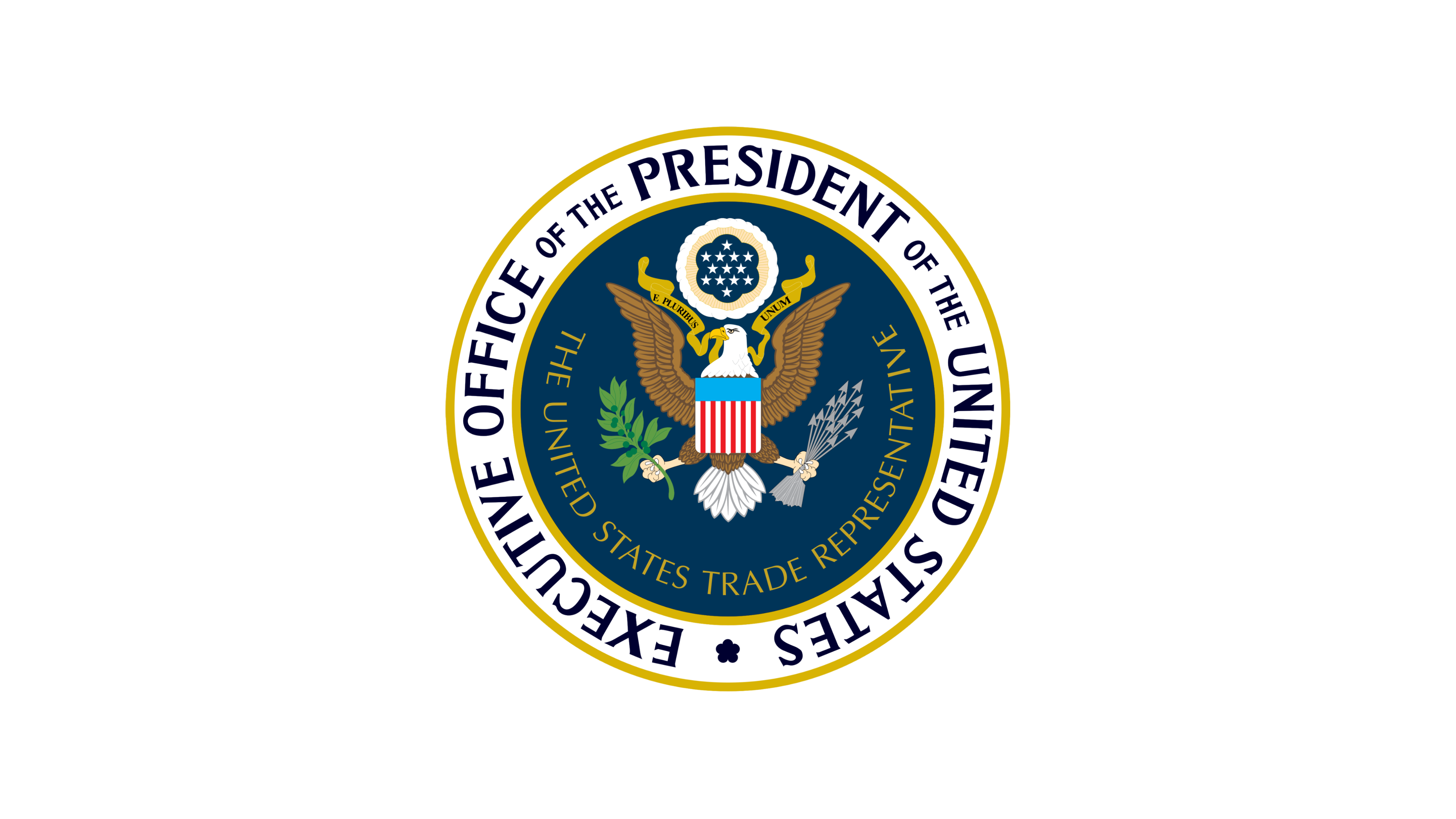I went to check out the 2025 National Trade Estimate Report on "trade barriers" and it's something alright. I already had a bad feeling about the simping for these tarrifs but I can't believe it would be so damning for America in plain language.
Literally hundreds of pages of:
"these people are favoring their own domestic market"
"these people have import controls on software, credit card payment systems and other BS no one in their right mind wants"
"these people have export controls"
"it's too hard to do business there and lawfare doesn't work"
The kicker is that the World Trade Organization, the international body responsible for full globalization of trade, already has rules on everything, including tariffs that all these countries are fairly compliant with.
The document can be summarized as "America's disapproval of minor protectionist policies of other countries despite it's attempts at lawfare through international channels". The funniest thing about it is it's mostly American agricultural slop they're concerned about. Guess who gets those jobs? lol.
Why do I call it slop? This isolated sentence says it all:
Ractopamine, a feed additive, is banned by the EU, China and Russia that is still used in America and it's colonies. Can't make this stuff up.

 ustr.gov
ustr.gov
Literally hundreds of pages of:
"these people are favoring their own domestic market"
"these people have import controls on software, credit card payment systems and other BS no one in their right mind wants"
"these people have export controls"
"it's too hard to do business there and lawfare doesn't work"
The kicker is that the World Trade Organization, the international body responsible for full globalization of trade, already has rules on everything, including tariffs that all these countries are fairly compliant with.
The document can be summarized as "America's disapproval of minor protectionist policies of other countries despite it's attempts at lawfare through international channels". The funniest thing about it is it's mostly American agricultural slop they're concerned about. Guess who gets those jobs? lol.
Why do I call it slop? This isolated sentence says it all:
However, China has not yet implemented some of its more significant agriculture commitments, such as commitments on agricultural biotechnology and the commitment to conduct a risk assessment relating to the use of ractopamine in cattle and swine.
Ractopamine, a feed additive, is banned by the EU, China and Russia that is still used in America and it's colonies. Can't make this stuff up.

USTR Releases 2025 National Trade Estimate Report
WASHINGTON — Today, the Office of the United States Trade Representative (USTR) submitted the 2025 National Trade Estimate (NTE) to President Trump and Congress. The NTE is an annual report detailing foreign trade barriers faced by U.S. exporters and USTR’s efforts to reduce those barriers.
